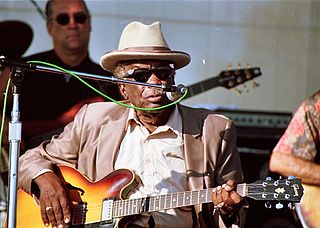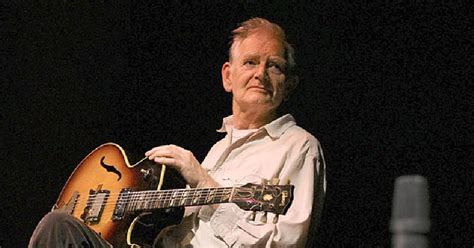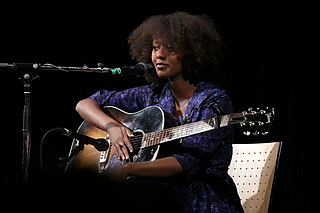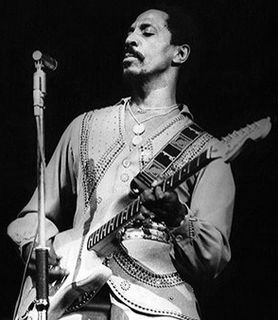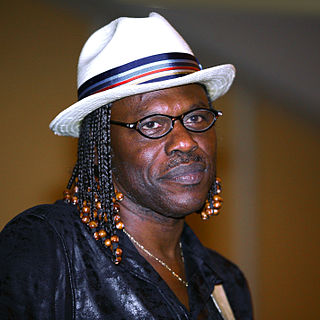A Quote by Alex Chilton
I spent a few years here in Memphis, in the late '70s and early '80s, where I was studying a lot of country blues players and their styles. So it seems like every record I'll do, I will appropriate these blues styles that I remember.
Related Quotes
After my early days of being a passionate young Elvis fan, Chuck Berry, Little Richard, etc. I got interested in Ray Charles and Ella Fitzgerald. Then I got turned on to the blues. I realized how important it was to our music in England at the time. Everyone was into the blues. Then you start looking at the different kinds of blues, and you follow the journey backwards from Chicago to earlier times back down to the Delta to the Memphis Blues.
There's a lot of women in blues music, lots of strong women and that sort of stuff. It's not the first thing that comes to mind when you think about blues. There were a lot of powerful blues guitar players in the olden times that were women. It's just that when you think about blues, you have this one image in your mind.
Elvis Presley's death deprives our country of a part of itself. He was unique, irreplaceable. More than twenty years ago, he burst upon the scene with an impact that was unprecedented and will probably never be equaled. His music and his personality, fusing the styles of white country and black rhythm and blues, permanently changed the face of American popular culture. His following was immense. And he was a symbol to people the world over of the vitality, rebelliousness and good humor of this country.
Nowadays blues in particular has a wide, wide, wide, wide net of everything that's called blues. I think if somebody's coming to it in the last ten years or whatever, or even fifteen years, what their experience is what is called blues is different from mine. I have to expand my range of what's been called the blues. I think somebody who's new to it would have to go back and to see what is called blues now, where it came from. If that makes sense.






